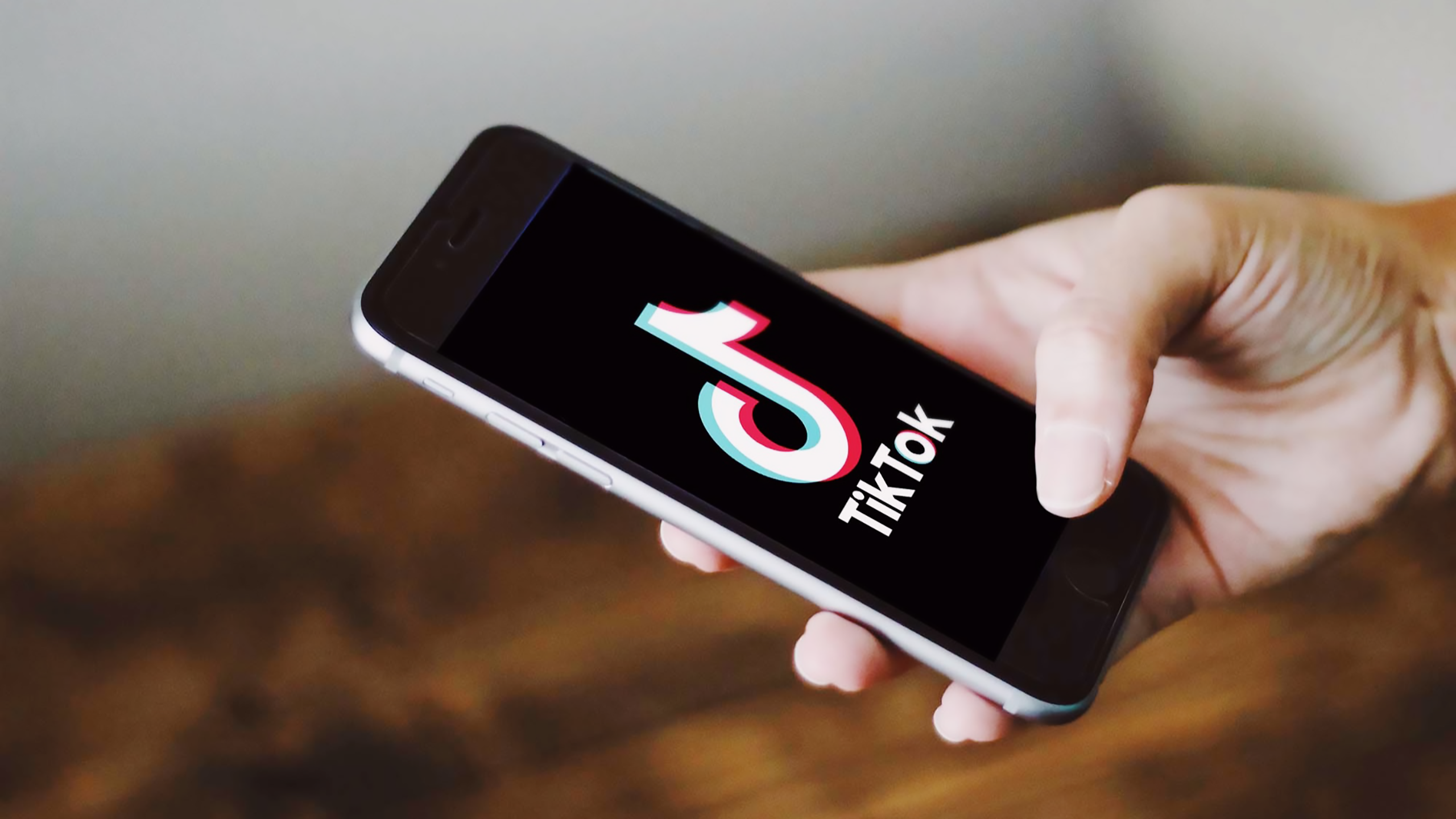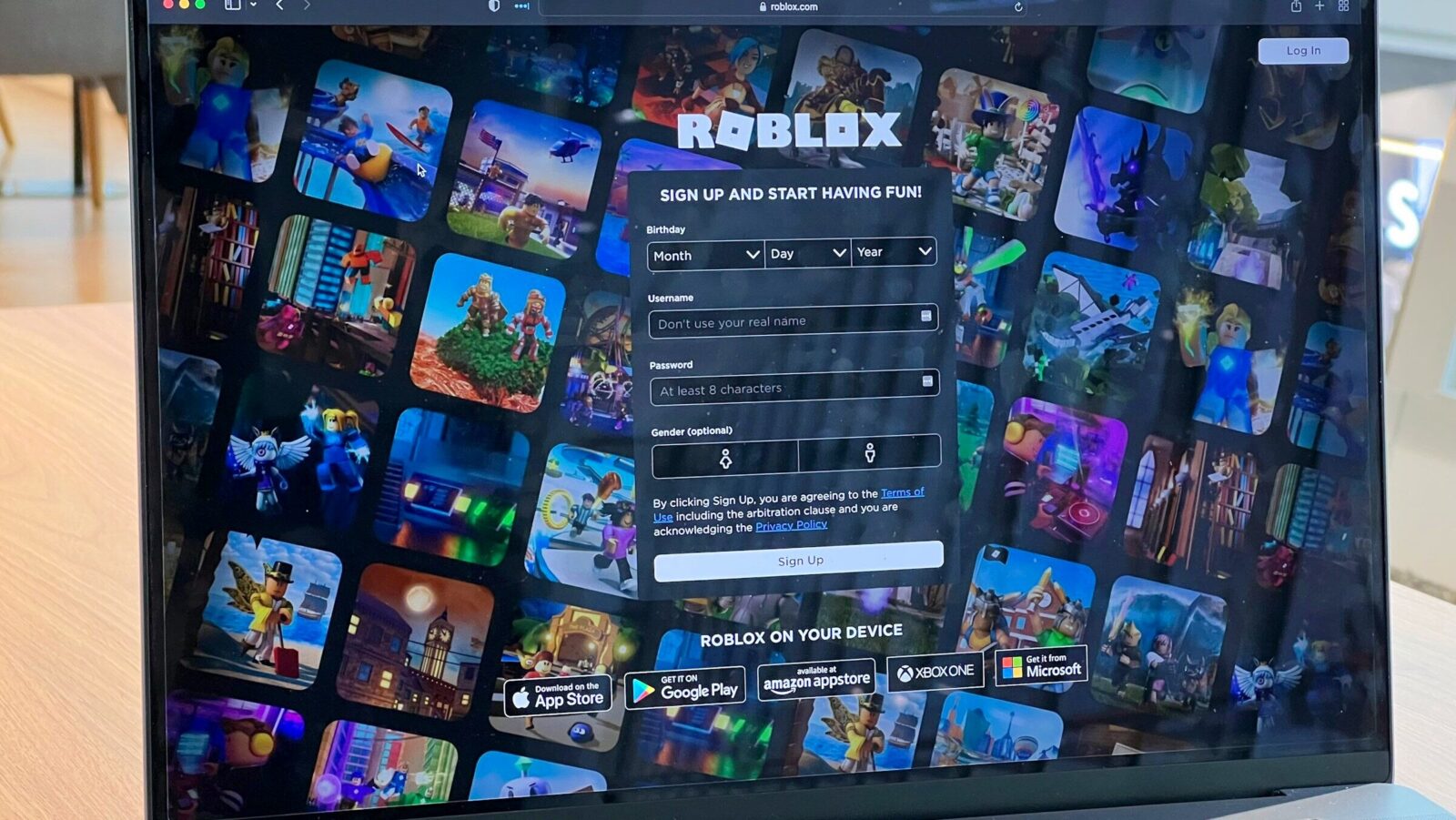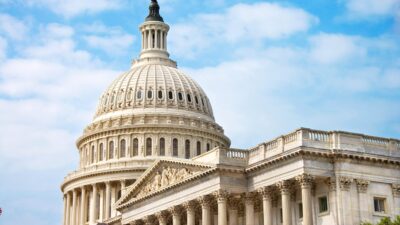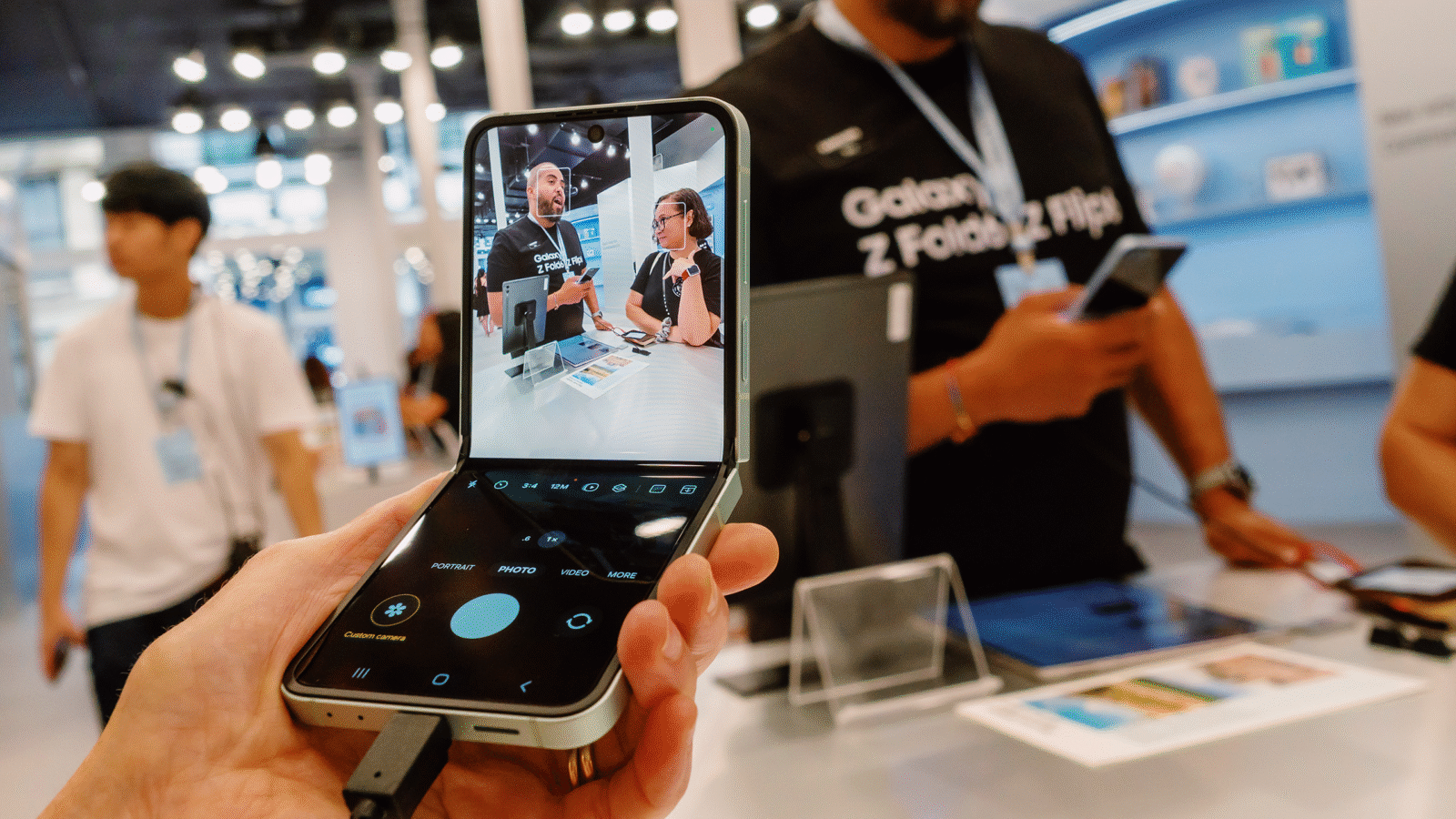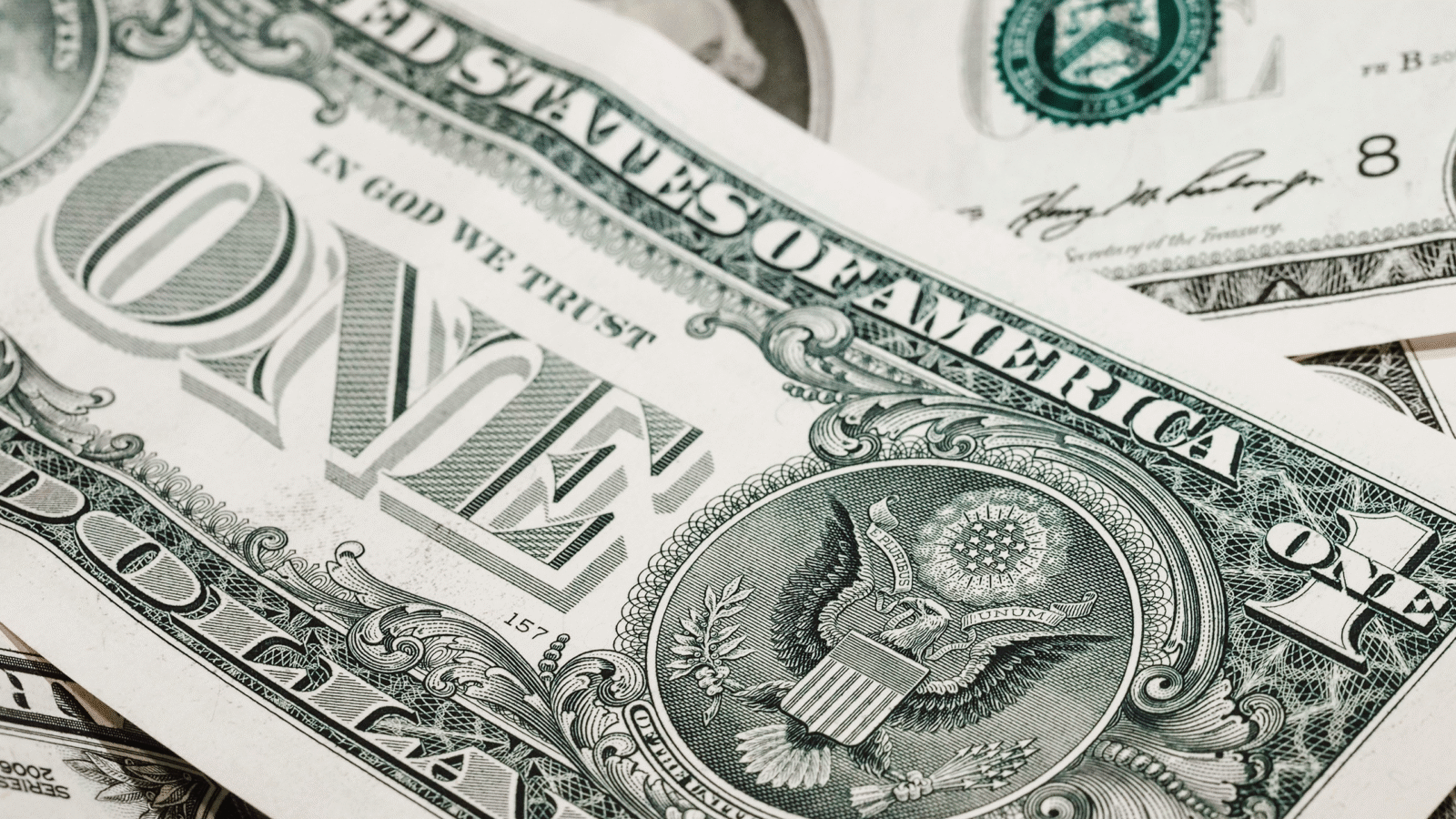Appeals Court Upholds TikTok Ban
A federal appeals court upheld the “TikTok Ban” that would force China-based ByteDance to sell its app next month or face exile from the US.
Sign up for smart news, insights, and analysis on the biggest financial stories of the day.
The clock is ticking for TikTok.
On Friday, a federal appeals court upheld the “TikTok Ban” law that would force China-based ByteDance to sell its immensely popular short-form video app next month or face exile from the US. ByteDance quickly promised to ask the US Supreme Court to weigh in — keeping all of Silicon Valley and Wall Street in suspense – but has otherwise been chill.
Tick-Tock, Tick-Tock, Tick-Tock…
The prospect of an imminent ban hasn’t even much bothered TikTok’s US-based employees, according to a Wired report on the company’s internal mood last month. And the arrival of the Trump 2.0 administration has sparked some optimism that the law could ultimately go unenforced. In a September post on Truth Social, his own social media site, Trump — who previously tried to ban TikTok — urged the platform’s fans to support him. “For all of those that want to save TikTok, in America, vote for Trump; the other side is going to close it up,” he said, marking a minor change in rhetoric that may reflect his cozy relationship with billionaire megadonor Jeff Yass, an investor in ByteDance. Trump’s inauguration comes a day after the law would go into effect, and, without a SCOTUS ruling, overturning the law would require congressional action.
TikTok has argued banning the app would violate the free speech rights of its 170 million US users, roughly half of the population. The legal case remains mostly theoretical — proponents of the law say the Chinese government could force ByteDance to retrieve and share sensitive information on US users, though they have no evidence that it has so far. In the court’s majority opinion, US Court of Appeals Judge Douglas Ginsburg writes that “TikTok never squarely denies that it has ever manipulated content on the TikTok platform at the direction of the PRC.”
If SCOTUS takes up the case, it could put a temporary freeze on the ban, keeping the site live until a ruling. In other words, TikTok is in limbo — which means so, too, are the Silicon Valley companies that compete, or do business, with it:
- Shares of Meta rose over 2% Friday reflecting the dominant view that TikTok’s loss would ultimately be Meta’s gain; also rising were shares of Alphabet (1.2%), Snap (2%), and Pinterest (2%).
- Oracle, meanwhile, counts TikTok as a major customer, and warned in June that a ban would hurt its business. Evercore ISI estimates TikTok accounts for as much as $800 million of Oracle’s annual sales; shares of Oracle were up nearly 3% anyhow, on Friday.
Supreme McCourt: Experts say a TikTok acquisition could cost as much as $100 billion, though ByteDance may also refuse to give up its all-powerful recommendations algorithm in the process. It would also probably be subjected to intense regulatory scrutiny; last week, Trump tapped Big Tech critic Gail Slater to lead the Department of Justice’s antitrust division. Still, at least one would-be buyer is getting serious: Frank McCourt, who told Axios last week he has as much as $20 billion in informal commitments from potential backers.
